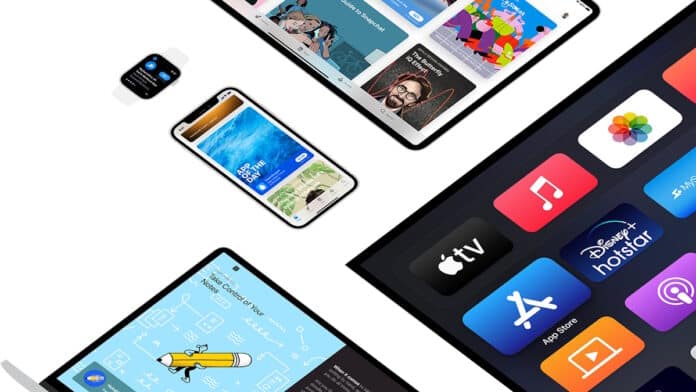Apple on Tuesday disclosed that the company has prevented more than $9 billion in fraudulent transactions over the past five years, including $2 billion in 2024 alone, according to its annual App Store fraud analysis.
This reflects the Cupertino giant’s ongoing commitment to user safety and the integrity of its digital marketplace.
“Preserving the App Store’s safe and secure marketplace requires constant vigilance, as bad actors continue to evolve their tactics in an attempt to defraud users,” the company wrote in a news release.
“These threats range from deceptive apps designed to steal personal information, to fraudulent payment schemes that attempt to exploit users. Apple employs a comprehensive approach to combating fraud on the App Store, with teams across the company working to detect, investigate, and prevent malicious activity before it can reach users.”
Cracking Down On Fraud At The Source
Apple’s approach to security is multi-layered and relentless. Its robust anti-fraud system works behind the scenes to quickly identify and shut down malicious developer and user accounts before they can cause harm.
In 2024, Apple:
- Terminated over 146,000 developer accounts linked to fraud
- Rejected 139,000 developer enrollment attempts
- Rejected over 711 million potentially fraudulent customer account creations
- Deactivated nearly 129 million risky customer accounts
These proactive measures shut down fraud before it reaches the user—blocking everything from scam apps, fake reviews, or illegitimate payment schemes.
Safety Beyond The App Store
Outside the App Store, Apple also combats the threat of pirate storefronts that distribute risky software or pirated apps to users. In 2024 alone, Apple:
- Blocked over 10,000 illegitimate apps, which include malware, pornography apps, gambling apps, and pirated versions of legitimate apps from the App Store
- Stopped nearly 4.6 million attempts to install or launch apps distributed illegally outside the App Store or approved third-party marketplaces
App Review
Each app submitted to the App Store goes through a detailed review by Apple’s App Review team. Using a combination of human expertise and AI-powered tools, the team reviewed over 7.7 million app submissions in 2024, rejecting more than 1.9 million for reasons including fraud, spam, and privacy violations.
Common tactics used by bad actors to bypass App Store safeguards include:
- Hidden features that activate only after approval
- Cloned or misleading apps
- Using bait-and-switch tricks to deceive users with false promises
In 2024, Apple removed more than 37,000 apps for fraudulent activity, rejected over 320,000 spammy or misleading apps, rejected over 43,000 app submissions with hidden features, removed over 17,000 bait-and-switch apps, and another 400,000 app submissions for privacy violations.
Cleaning Up Fake Ratings And Reviews
Fraud isn’t limited to the apps themselves—it also infects discovery tools like search rankings and reviews. In 2024, Apple removed over 143 million fake ratings from the App Store, more than 7,400 apps from App Store charts, and nearly 9,500 deceptive results from App Store search results, ensuring that genuine apps get the spotlight they deserve.
It also took action against apps using bots or paid services to artificially inflate download numbers or post fake five-star reviews.
Securing Transactions And Payments
To protect user payments, Apple uses technologies like Apple Pay and StoreKit, which power purchases for over 420,000 apps. In 2024, Apple:
- Prevented more than $2 billion in fraudulent transactions
- Flagged nearly 4.7 million stolen credit cards
- Banned over 1.6 million accounts from making purchases
Apple’s payment systems depend on encrypted transactions and device-specific codes, which means credit card numbers are never stored on a consumer’s device or Apple servers or shared with developers.
A Continued Commitment
Apple says it’s committed to continually strengthening its security measures to stay ahead of fraudsters and ensure a safe experience for both users and developers on the App Store.

